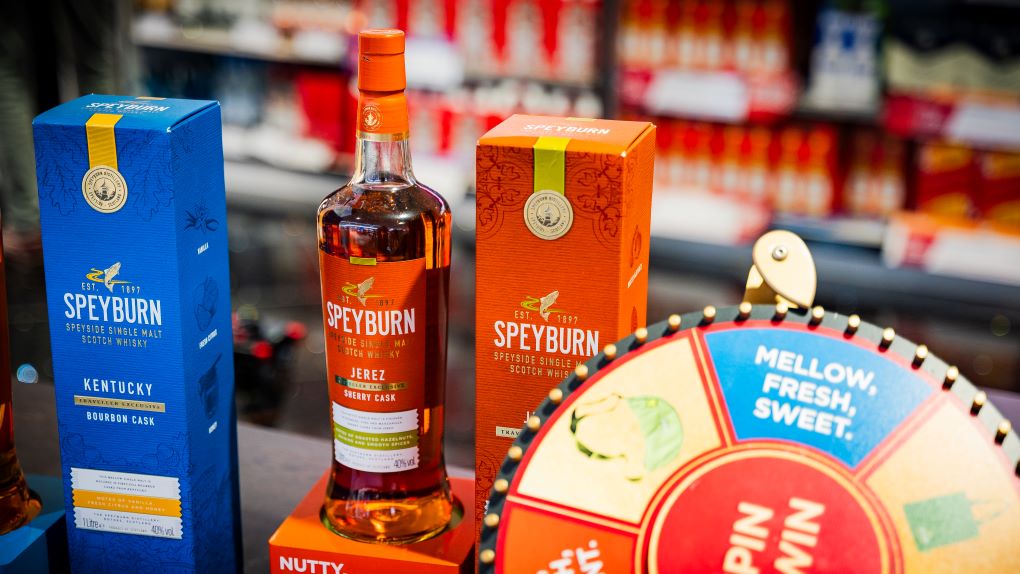CANADA. Following an impressive performance in 2002 – when Inniskillin Icewine won a series of gold medals at the Challenge du Vin in Bordeaux, at the 2002 International Wine and Spirit Competition (IWSC) in London, and at the Concours Mondial in Brussels – the Canadian Icewine has picked up four major wine awards this year.
The Canadian company that put Icewine on the wine world map in 1991, when it won Vinexpo’s coveted “Grand Prix d’Honneur,” is living up to its reputation. At Vinitaly in April, Inniskillin won the first place honour, the “Gran Medaglia D’Oro,” or Great Gold Medal, and within days had won another Gold at the Concours Mondial de Bruxelles in Belgium. At Vinexpo in Bordeaux at the end of June, Inniskillin Icewine was named “Best Sweet Wine” in the Découvertes competition, as the choice of the world’s most respected sommeliers and wine writers.
Most recently, the International Wine & Spirit Competition 2003 in London ranked Inniskillin’s Gold Oak Aged Icewine fittingly at the top of the Icewine category, with yet another Gold award.
Karl Kaiser, Inniskillin’s co-founder and master of Icewine making commented: “Just as some parts of Europe have the optimum levels of humidity to produce Botrytis (Noble Rot) induced sweet wines, we in Canada have extremely cold winters that enable us, year after year, to produce the exquisite sweet wine that we call Icewine. It is an honour for our Icewines to be judged among the finest sweet wines in the world.”
Note: A product of the country’s cold winter, Canada’s Icewine is made from grapes that are netted and left to freeze naturally on the vine. They are picked by hand, only when the temperature drops to – 8ºC (17.6ºF) – or colder according to Inniskillin’s method. The frozen grapes are then pressed to release a highly concentrated nectar, rich in sugar, acids and flavour that represents only 5% to 10% of normal yield, usually bottled in small, 37.5 cl quantities.







